Bachelor of Electronics Engineering (Robotics and Automation) with Honours
(R2/523/6/0035) 11/21 (MQA/FA4749)
The Faculty of Engineering and Technology offers an undergraduate programme leading to the Bachelor of Engineering (Electronics) degree majoring in robotics and Automation. For students planning on professional careers in the fields of industry automation, this four-year engineering programme provides complete undergraduate training in robotics and automation fields such as advanced robotics, machine vision, applied dynamics, knowledge system and neural computing, digital control system, microprocessor system, automation and power technology.
In addition, the students are also exposed to basic engineering training in circuit and signal analysis, field theory, electronics, control theory, power systems, machines, communications and engineering mathematics. To better prepare the students for the engineering professional career, courses in basic management, economics, accounting and law are also included. This programme also provides students with industrial experience and research training by requiring students to complete industrial training and graduation projects.
PROGRAMME EDUCATION OBJECTIVES
PROGRAMME OUTCOMES
1. Graduates who demonstrate technical competence, leadership skills or entrepreneurial qualities within their organizations
2. Graduates who demonstrate professionalism and a commitment to continuous professional development
3. Graduates who are employed in engineering or related professions, or are pursuing (or have completed) their studies in engineering or professional graduate school
CAREER PROSPECTS
- Apply knowledge of mathematics, science and electronics engineering fundamentals to the solution of complex engineering problems
- Apply technical knowledge in specialised areas of electronics engineering to the solution of complex engineering problems
- Identify and analyse complex engineering problems, and formulate solutions based on fundamental principles of science and electronics engineering
- Design electronics engineering solutions for complex engineering problems that meet specified needs with relevant considerations of their impacts in society
- Conduct investigation and research on complex engineering problems in electronics engineering
- Create, select and apply appropriate techniques, resources, and modern electronics engineering and IT tools to complex engineering problems
- Apply reasoning informed by contextual knowledge to assess societal, health, safety, legal and cultural issues and the consequent responsibilities relevant to professional engineering practice and solutions to complex engineering problems in electronics engineering
- Understand and evaluate sustainability in professional electronics engineering solutions to complex engineering problems, and their impacts in societal and environmental contexts
- Apply ethical principles and commit to professional ethics and responsibilities and norms of electronics engineering practice
- Communicate effectively on complex electronics engineering activities in both oral and written contexts
- Function effectively as an individual, and as a member or leader in a electronics engineering team
- Recognise the need for, and have the preparation and ability to engage in independent and life-long learning in the broadest context of technological change in electronics engineering
- Demonstrate skills in project management, finance and entrepreneurship, and apply these to one’s own work in electronics engineering, as a member and leader in a team, to manage projects in multidisciplinary environments
STAFF
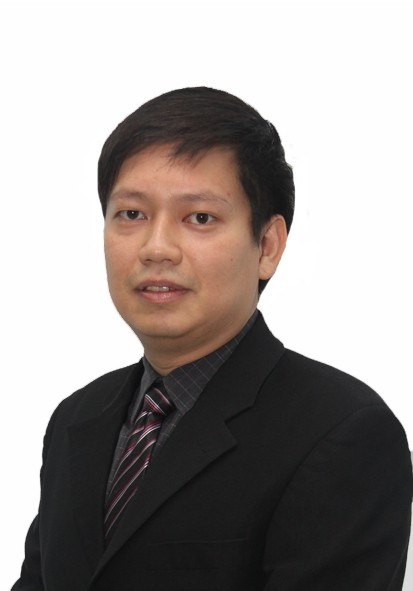
Dr. Lim Chee Siong
Programme Coordinator
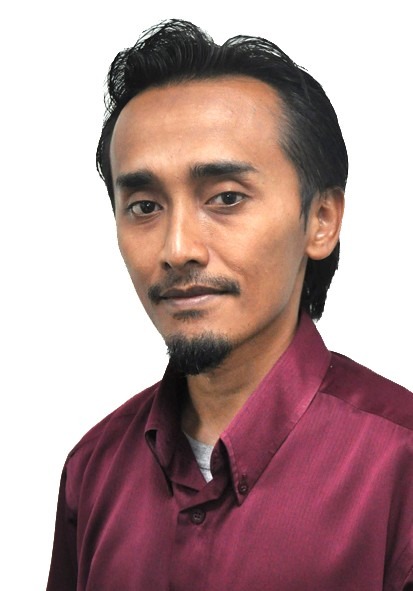
Dr. Khair Razlan Othman
Assistance Programme Coordinator
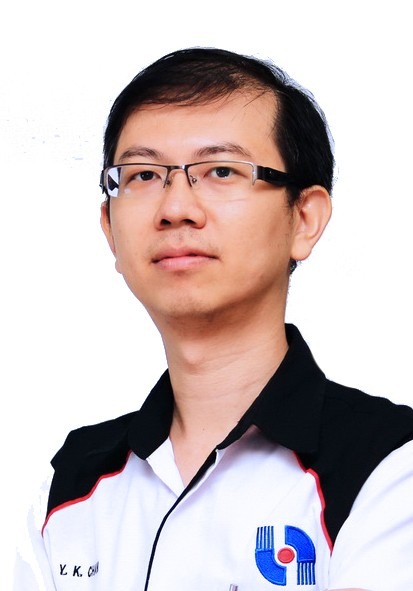
Prof. Ir. Ts. Dr. Chan Yee Kit
Professor
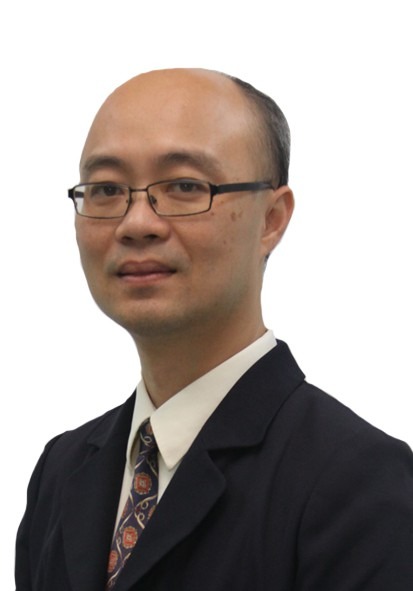
Prof. Ir. Dr. Koo Voon Chet
Professor
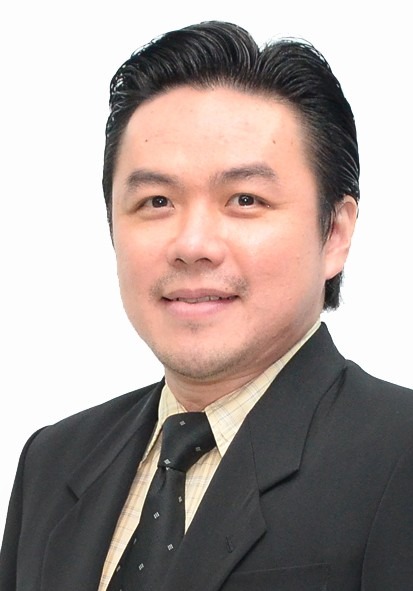
Prof. Dr. Lim Way Soong
Professor
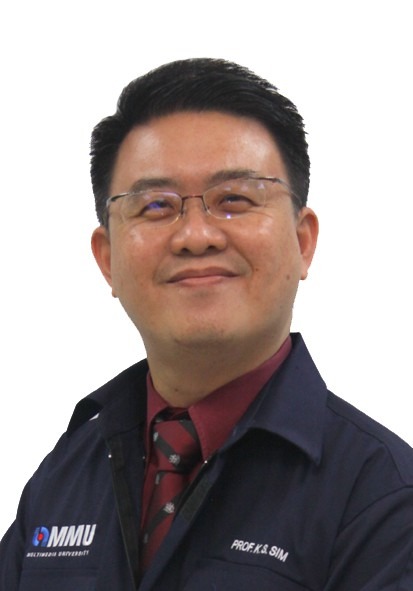
Prof. Ir. Dr. Sim Kok Swee
Professor
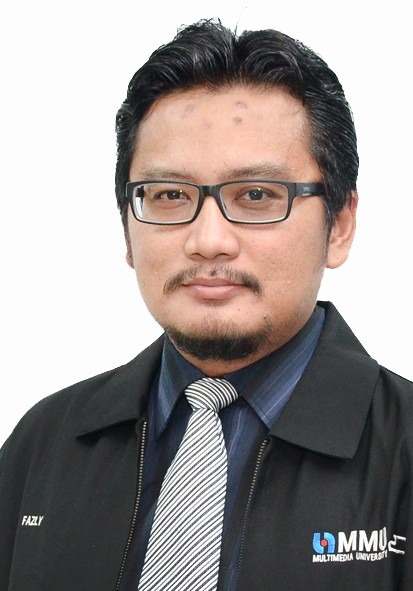
Assoc. Prof. Dr. Fazly Salleh Abas
Associate Professor
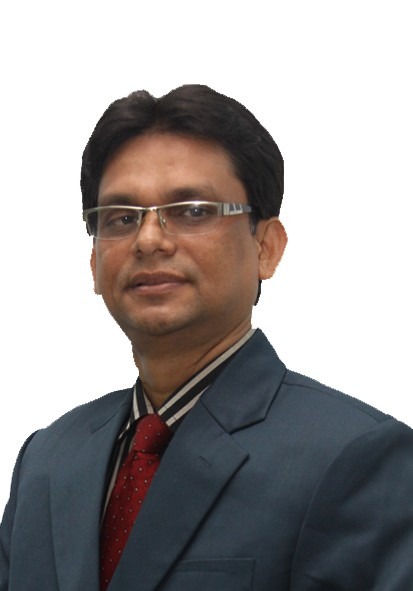
Assoc. Prof. Ts. Dr. Md Jakir Hossen
Associate Professor
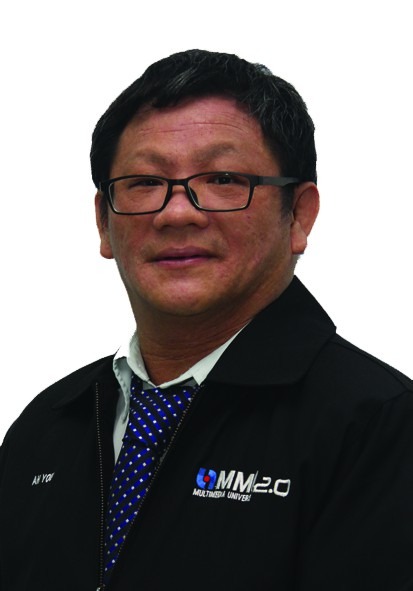
Assoc. Prof. Ts. Dr. You Ah Heng
Associate Professor
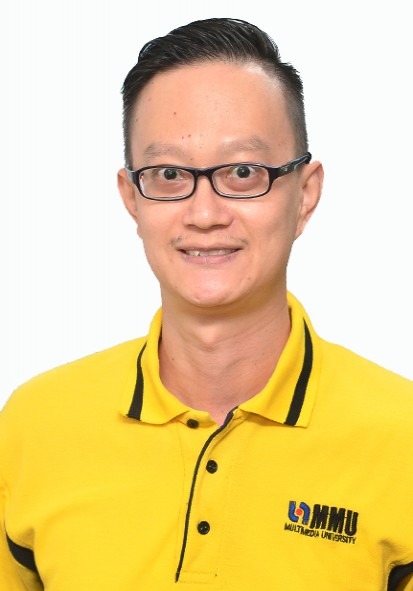
Dr. Chua Shing Chyi
Assistant Professor
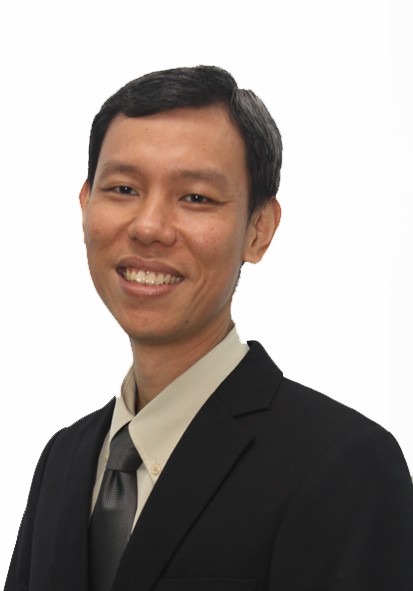
Dr. Goh Hock Ann
Assistant Professor
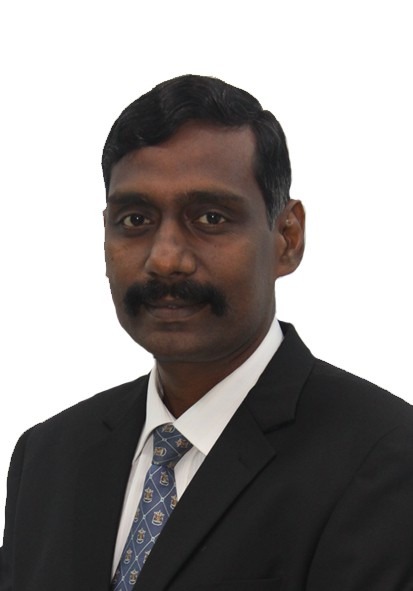
Dr. Joseph Emerson Raja
Assistant Professor
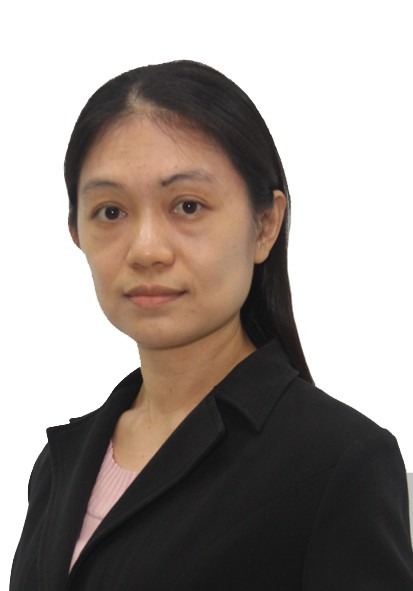
Dr. Kwek Lee Chung
Assistant Professor

Dr. Thangavel Bhuvaneswari
Assistant Professor
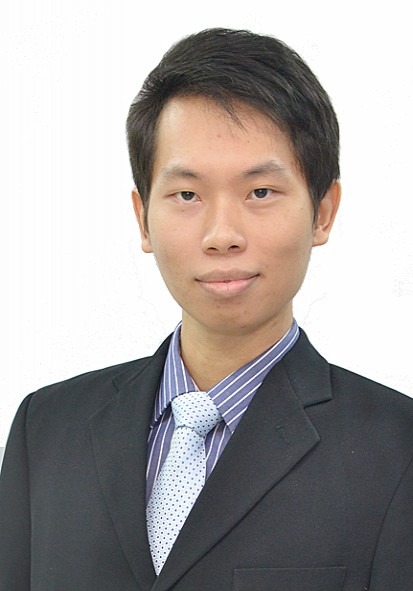
Ts. Dr. Yeo Boon Chin
Assistant Professor
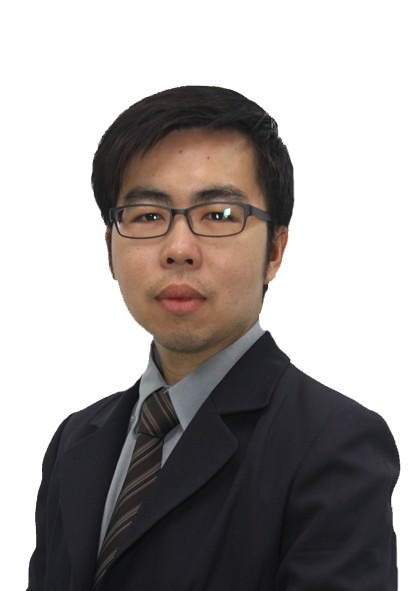
Mr. Yong Yik Seng
Assistant Professor
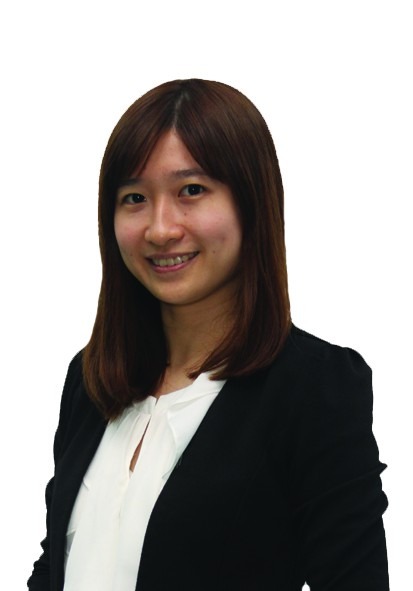
Dr. Lim Sin Ting
Lecturer
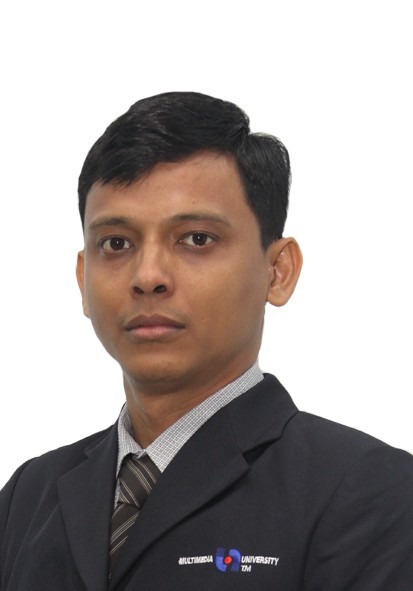
Dr. Min Thu Soe
Lecturer
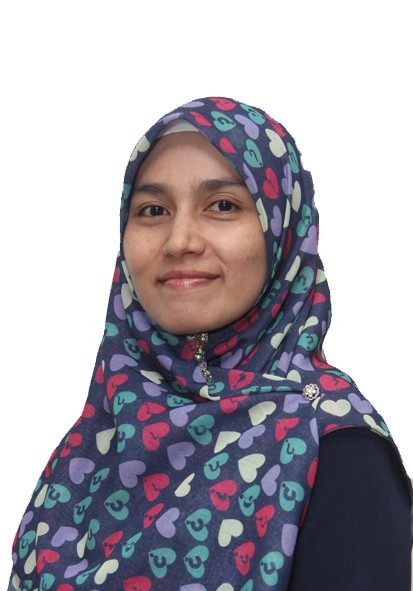
Dr. Nor Hidayati Abdul Aziz
Lecturer
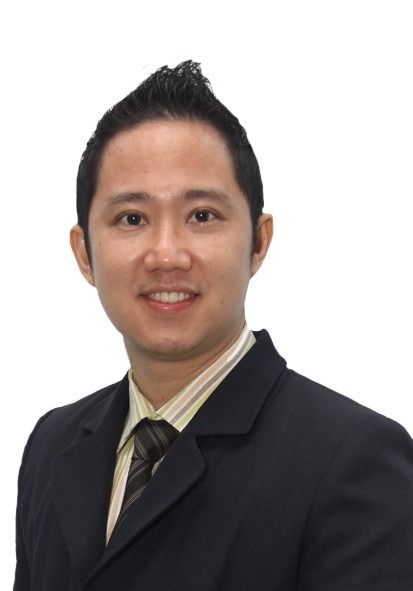
Ir. Ts. Dr. Lee Lian Hong
Lecturer
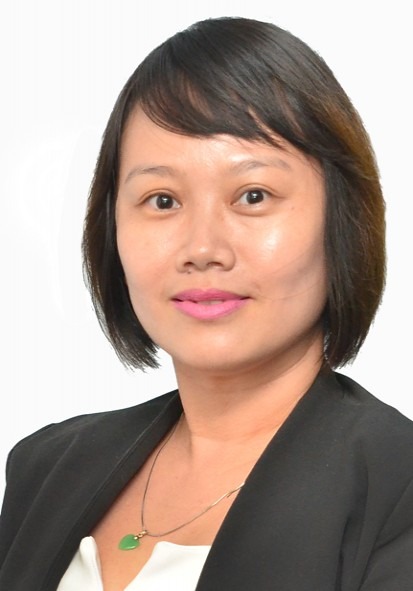
Ts. Pang Shen Yee
Lecturer

Dr. Thong Li Wah
Assistant Professor
INDUSTRIAL ADVISORS
MR. MUSLIM ABDULLAH ZAIK
Chief Executive Officer, Technerve Technology Solutions Sdn. Bhd.
MR. ONG KUN XIONG
Senior Manager of Test & Product Engineering, Infineon Technologies (Malaysia) Sdh. Bhd.
IR. DR. LIM CHOT HUN
Chief Executive Officer, BPE Synergy Engineering Sdn Bhd
EXTERNAL EXAMINERS
ASSOC. PROF. Dr. GAN KOK BENG
Associate Professor, Universiti Kebangsaan Malaysia (UKM), Malaysia
